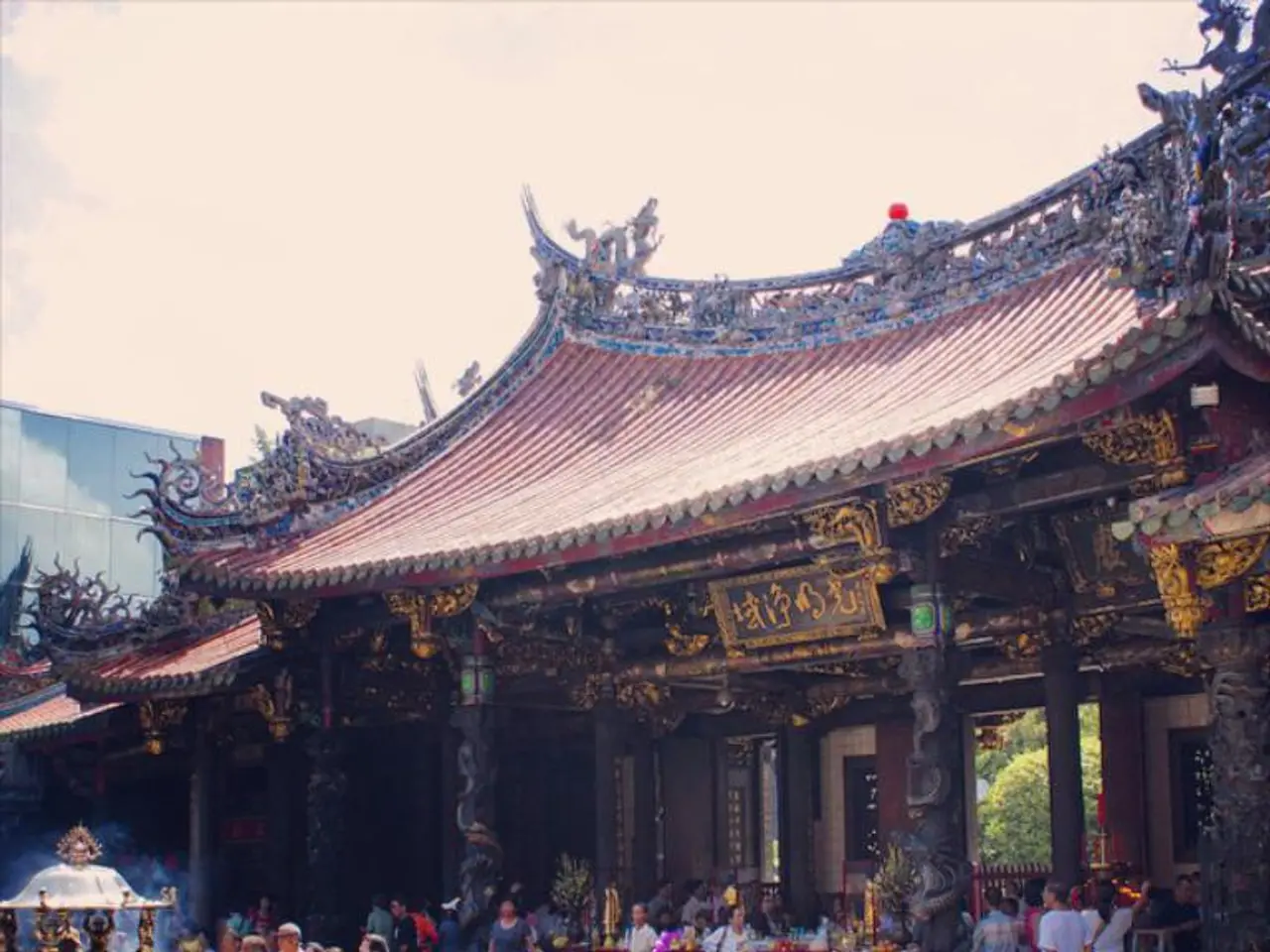Japan's dominant political alliance no longer holds a majority in the upper legislative chamber
In a historic shift, the Liberal Democratic Party (LDP) has taken the helm of a coalition that does not control either the lower or the upper house of Japan's parliament. This unprecedented situation marks the first time in seven decades that the LDP, the country's longest-ruling party, finds itself in such a position.
Prime Minister Shigeru Ishiba has expressed his intention to continue in his role, despite voters rejecting his government in recent elections. However, the opposition parties, including the Democratic Party for the People (DPFP), the Constitutional Democratic Party of Japan (CDPJ), Sanseitō, and Nippon Ishin no Kai, have made it clear that they view this as a rejection of Ishiba's leadership.
In response, Yoshihiko Noda, the leader of the CDPJ, has called on Ishiba to explain his plans if he wishes to continue serving as prime minister. Noda, who stated that voters have rejected Ishiba's government, hinted that opposition parties would work closely together to develop a common strategy.
However, the opposition parties are fragmented and unlikely to cooperate effectively to challenge the ruling coalition. Sanseitō, an ultraconservative, right-wing populist party, has gained significant support and enthusiasm, while the DPFP has made stable gains. The opposition parties are wary of a possible early general election triggered by the LDP after choosing a new leader, and they are preparing for election campaigns.
Yet, no unified strategy to overthrow the government has been clearly established. The opposition parties are cautious and are focusing on their individual strengths to present a strong challenge in the upcoming elections. As the political landscape in Japan continues to evolve, it remains to be seen how the opposition parties will unite and whether they can successfully challenge the LDP's coalition.
Read also:
- United States tariffs pose a threat to India, necessitating the recruitment of adept negotiators or strategists, similar to those who had influenced Trump's decisions.
- Weekly happenings in the German Federal Parliament (Bundestag)
- Southwest region's most popular posts, accompanied by an inquiry:
- Discussion between Putin and Trump in Alaska could potentially overshadow Ukraine's concerns








